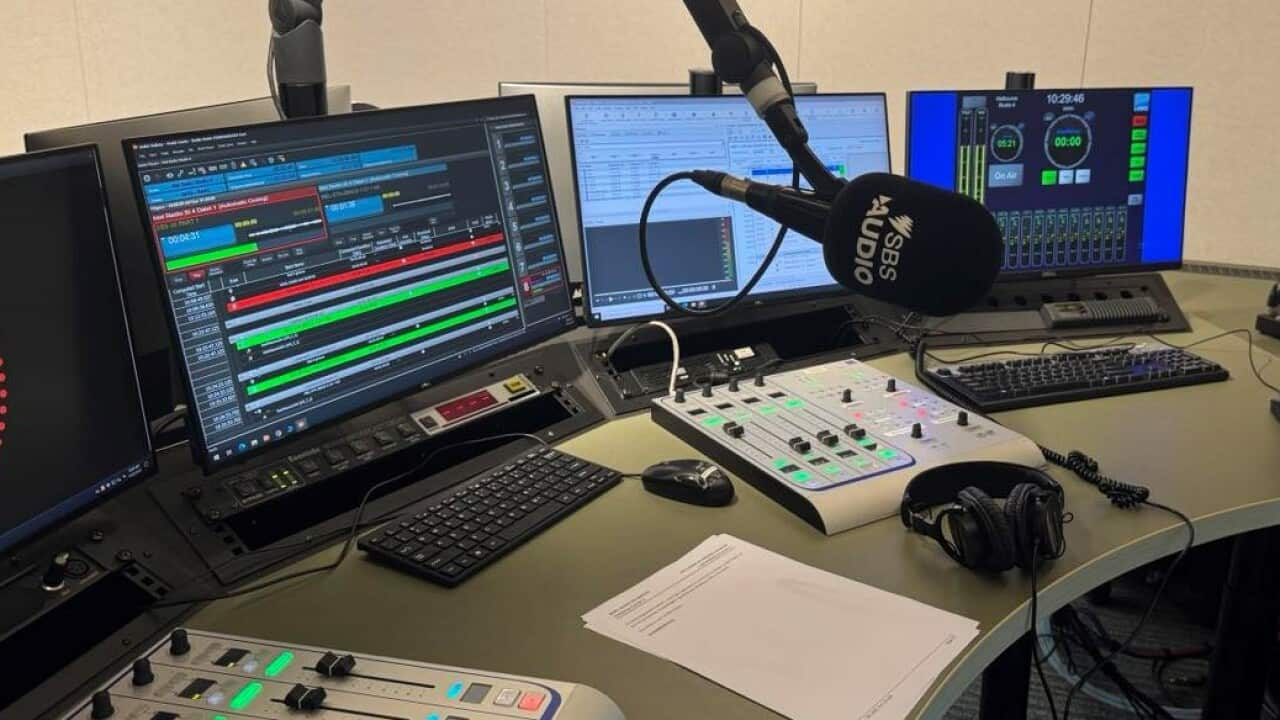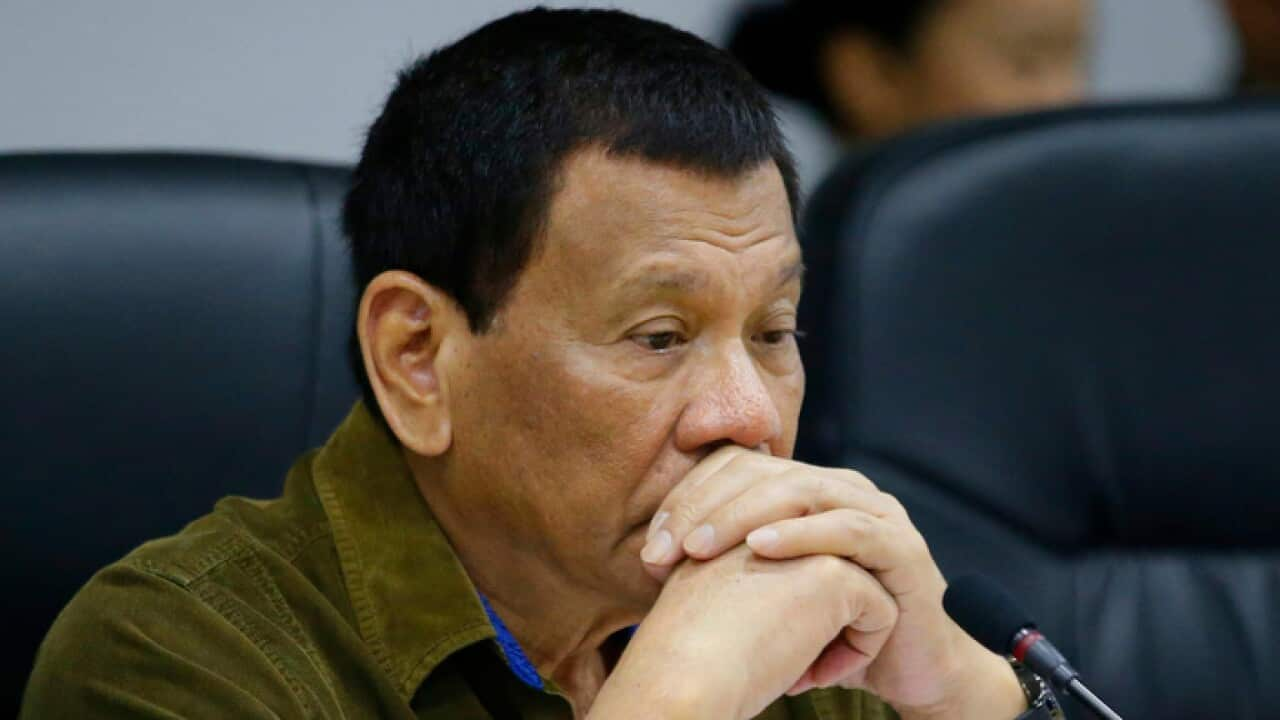After being recognised in 2019 by the readers of Conde Nast Travel as the ‘best island in the world’, Siargao Island drew even more tourists and surfing enthusiasts from around the world.
As tourism picked up in the southern Philippines island, more farmers and fisherfolks ‘abandoned their traditional livelihoods to earn fast cash from foreign tourists’; and petty crimes flourished in the key island municipality of General Luna.
Just a year before this, a local police captain had started a police-led community relations program in a nearby municipality to help manage an already growing number of theft and drug-related crimes.
When Police Captain Wise Vicente Panuelos became the chief of police in the Siargao municipality of San Isidro, he realised that despite the steady growth in local tourism over the years, residents were still struggling to make ends meet. In 2018, defying convention, he decided to train the police in community organising and address local food insecurity in pursuit of peace and order.
In 2018, defying convention, he decided to train the police in community organising and address local food insecurity in pursuit of peace and order.

Siargao police at work in the farm Source: Supplied by Capt. Panuelos
“If people have hungry stomachs, they might have angry minds. That would be tantamount to higher crime,” Captain Panuelos told SBS Filipino.
He sought the help of local businesses and individuals to start Hardin ng Pagbabago (Farms of Change), a police-led community farming initiative. The innovative program was quick to get local backing within its first year.
But despite the success of the initial twelve community farms in San Isidro, the heightened attention on Siargao proved to be a major roadblock when Captain Panuelos was reassigned to the more tourist-dense municipality of General Luna. Convincing locals to participate in the farming program was harder than ever.
“They always complained about the high [costs of produce], but they were not keen to act on it. I told them, ‘what if a calamity happens and the cargo ships cannot come here? What will you do?’,” the police chief recalled.  For a long time, Siargao province had to rely on the main island cities for over 80 per cent of their essential needs. This includes fresh produce which was sold to them at premium prices as a prime tourist hub.
For a long time, Siargao province had to rely on the main island cities for over 80 per cent of their essential needs. This includes fresh produce which was sold to them at premium prices as a prime tourist hub.

Farmers selling their produce at the market. Source: Supplied by Capt. Panuelos
It was not until COVID-19 arrived, that the program showed its real value. When Siargao finally had to shut its borders to tourists in April 2020 to survive the pandemic, the local farming groups were already preparing for a big harvest—a first for some of the participants. What started as a strategy to combat a growing number of local crimes, became an unlikely lifeline for the island as the Philippines battled to deal with the pandemic.
What started as a strategy to combat a growing number of local crimes, became an unlikely lifeline for the island as the Philippines battled to deal with the pandemic.

Local farmers in 'Hardin ng Pagbabago' farm Source: Supplied by Capt. Panuelos
Trusting partnerships
Siargao-based, ex-military Brett Johnson of the Australian Special Forces is one of the pioneer supporters of the program. Mr Johnson and Captain Panuelos met almost three years ago when Mr Johnson moved to the Philippines straight out of retirement from the military.
“I became good friends with him, as my background and him being [police chief] was a good mix and we could understand each other and relate,” Mr Johnson said.
The former military also came from a farming background in Western Australia where his family grew wheat and sheep. When Captain Panuelos decided that the program was ready for a full-scale approach, he asked Mr Johnson to be a sponsor. Apart from providing financial support for the three farms, he has adopted; Mr Johnson also trains the local farmers on soil rehabilitation.
“I was impressed in what he was doing and how, in one season, got this small barangay (the smallest local government unit in the Philippines) into growing and selling their own crops,” he said. In just over two years, Hardin ng Pagbabago has grown to over 1,200 farming members and supporters across the island. Captain Panuelos said that more people and businesses have realised the benefits of the program, primarily in building self-sufficiency and resilience on the island.
In just over two years, Hardin ng Pagbabago has grown to over 1,200 farming members and supporters across the island. Captain Panuelos said that more people and businesses have realised the benefits of the program, primarily in building self-sufficiency and resilience on the island.

Source: Supplied by Bea Vega
Barrister and owner of Siargao-based Lamari Resort, Atty. Beatrice Vega, has been a member and supporter of the program since January 2020. Her family has adopted three community farms and provided the seedlings, tools, equipment, and logistical support needed to procure materials from the main island and distribute the produce to other municipalities.
Her family has adopted three community farms and provided the seedlings, tools, equipment, and logistical support needed to procure materials from the main island and distribute the produce to other municipalities.

A young farmer walks through rows of healthy seedlings. Source: Supplied by Capt. Panuelos
When the country went on lockdown in April 2020, tourism numbers took a nosedive and Ms Vega had to temporarily close her resort which left her with employees out of work.
Fortunately, the farms they supported earlier that year were due for harvest and have since been able to provide food to all her staff for free. “I don't think that it would have worked [had we not] initially spent on [farming] equipment," Ms Vega said.
“I don't think that it would have worked [had we not] initially spent on [farming] equipment," Ms Vega said.

Fresh harvest at Harding ng Pagbabago's market Source: Supplied by Capt. Panuelos
Farmer and community leader Marivic Espejon of Catangnan, Siargao said she is grateful for the program and said being able to produce nutritious and affordable fresh produce within their own community has given them a great sense of pride.
Ms Vega credits the vision of Captain Panuelos in building a trusting relationship with the local community and helping build resilience in the face of the isolation brought about by the pandemic.
Lasting impact
Captain Panuelos is optimistic about the future and sustainability of the program despite the persisting challenges of the pandemic on top of tropical monsoons and other climate threats.
He said he plans to transfer the management of the program from the police and help “create a [not-for-profit] entity that will look after the farm organisations.” “I think our role as police is important in starting [the program]. It was hard because you’re changing the minds of the community. Eventually, we will let [them] stand on [their] own. What will remain is our relationship and we hope that it will last longer.”
“I think our role as police is important in starting [the program]. It was hard because you’re changing the minds of the community. Eventually, we will let [them] stand on [their] own. What will remain is our relationship and we hope that it will last longer.”

A local weeding a row of greens Source: Supplied
COVID in the Philippines
The Centers for Disease Control and Prevention considers the Philippines to be on
As of 8 February, more than 528,000 COVID-19 cases had been recorded and over 11,000 people had died from the infection.
The Philippine government implemented a strict lockdown in most cities and major airports by mid-March to manage the spread of the virus across the archipelago nation of over 7100 islands.
Before the pandemic, Siargao used to get 11 to 12 domestic return flights daily from Manila, Davao, and Clark. All flights to the island were completely suspended until recently with only three return flights per week currently active.
The Philippine Department of Tourism
Presently, the country's visa-free policy is suspended and all foreign citizens are not allowed in with only a . The Philippines normally has a generous visa-free policy and citizens of over 100 nations can usually spend from 14 to 59 days in the country visa-free.
As of 10 February 2021, there are around 1,500 Australians in the Philippines registered with Australia’s Department of Foreign Affairs and Trade, its representative said. However, registration is optional and therefore the actual number is likely higher.'




